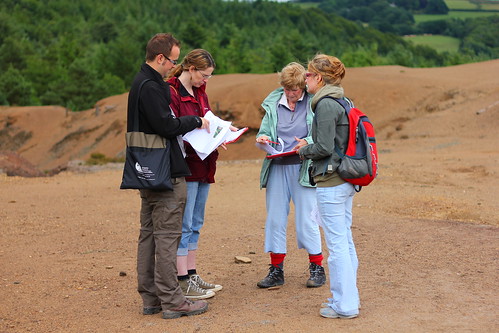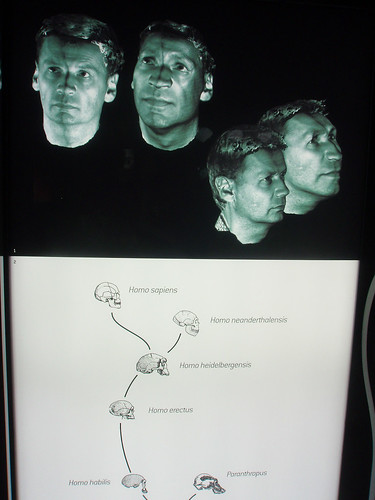John Bohannan at Science Magazine has done an undercover sting of open-access scientific journals. Open access being the idea that journals should be free for any scientist to read, rich or poor. The current challenge with it is that authors must often pay to have their work published. Scientific journals are used for promotion as a way to evaluable how much a researcher does and communicates; even more importantly, it’s a way to share ideas after they’ve been carefully reviewed.

The challenge lies in regulating the quality of journals, avoiding favoritism to certain point, and in making it affordable for third world scholars both to read and publish reputable work in reputable journals. (More on peer review here).
John’s expose is here: http://www.sciencemag.org/content/342/6154/60.full. Posing as a developing-world professor, he submitted a deliberately flawed paper (bad methods, lab errors, distorted control case, ethical concerns, poorly written) and had it accepted by many of the fly-by-night “American” science journals currently operating out of China and India.

But before critiquing others, I should note that I’m not the best academic writer myself. As a grad student, I tend to get my papers rejected, but with useful comments for future papers. (In fact, with apologies to reviewers, it’s the only way I get good criticism. It’s instructive to get top marks on my papers, then submit them to journals simply to find out where the many errors are!)
The base problem, I think, is that everyone is under pressure to publish. People who are far too early in their careers to have anything well-developed to say are pushing themselves to *get ideas* and defend them as soon as possible. American students are strongly recommended to publish in a top journal before getting the Ph.D.; my local colleagues who are studying for a master’s or PhD are required to get their articles into a ‘western’ academic journal, regardless of the usefulness of the articles.
One girl I know here, Naina*, recently submitted two articles, to German and Russian journals. They were accepted without revisions. She paid for their publication via international bank transfer, submitted the receipts to her university, was then then permitted to schedule her master’s defense, and got her degree. Why would publication benefit her or her country? I read the articles she published (in the humanities); they were a weak literature review and had little of benefit for anyone else to read.

I do think new universities here could be working to set up rigorous and high-quality journals. Even better, they could be helping local authors to revise work to the point where it contributes at a high level to the conversation among top scholars internationally. Raising the standards on study, professorship, and publication is someplace where Kazakhstan could really take leadership. As evident with the new Nazarbayev University, scientific is something the country’s leaders really believe in.
So there’s a lot of interesting work being done, here and everywhere. And publication is a Good Thing. But like my own papers, the publications of new scholars need to be challenged and vetted, the authors pushed to develop further. The last thing we need is more embryonic ideas and literature reviews, published by the thousands in their first forms!
